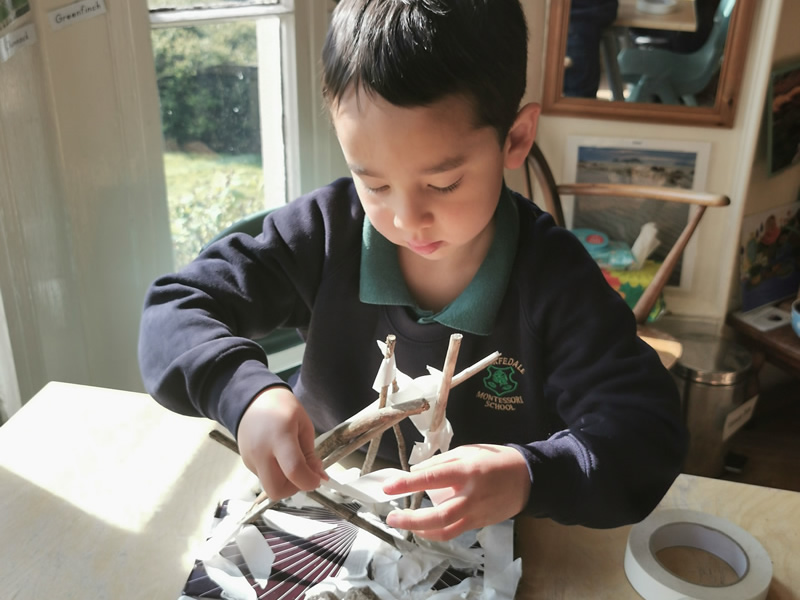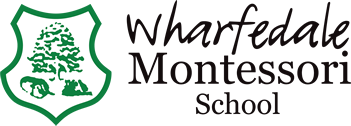The Early Years Foundation Stage is a statutory framework published by the Department for Education, which specifies requirements for learning and development and for safeguarding children and promoting their welfare.
The Overarching Principles
Four guiding principles should shape practice in Early Years settings. These are:
- unique child
- positive relationships
- enabling environments with teaching and support from adults
- learning and development
Prime Areas:
Specific Areas:
Prime Areas
Communication and language
The development of children’s spoken language underpins all seven areas of learning and development. Children’s back-and-forth interactions from an early age form the foundations for language and cognitive development.
Our quality interactions with the children support the development of a rich vocabulary.
Ofsted 2021
“Children develop a wide range of vocabulary which they use with familiarity in their activity”
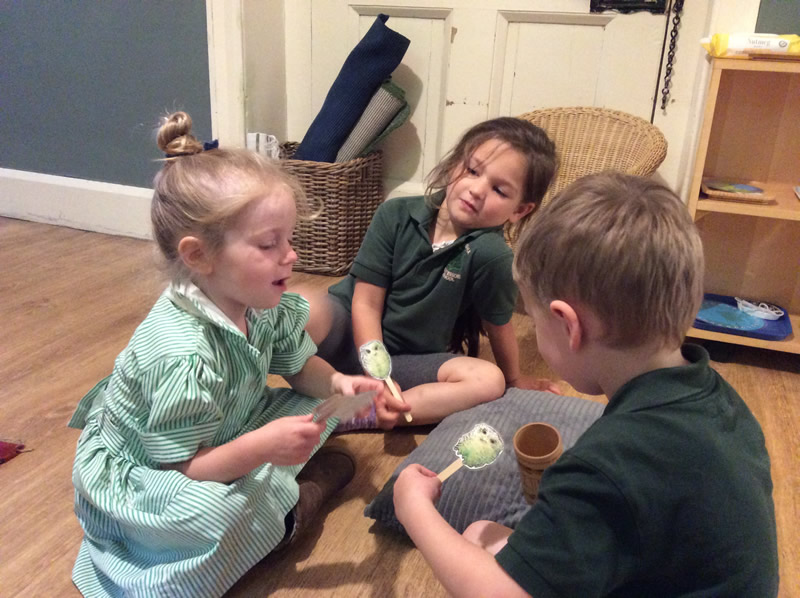
Physical development
Physical activity is vital in children’s all-round development, enabling them to pursue happy, healthy and active lives. Gross and fine motor experiences develop incrementally throughout early childhood, starting with sensory explorations and the development of a child’s strength.
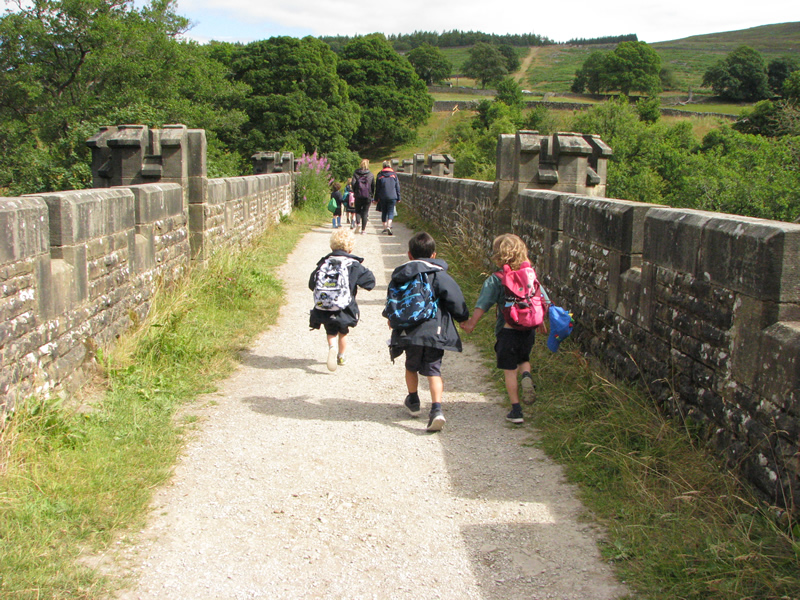
Personal, social and emotional development
Children’s personal, social and emotional development (PSED) is crucial for children to lead healthy and happy lives, and is fundamental to their cognitive development. Underpinning their personal development are the important attachments that shape their social world.
Ofsted 2021
“The breadth of opportunities to develop pupils’ personal development is impressive”.
“They are focused on their learning and interact beautifully with their peers.”
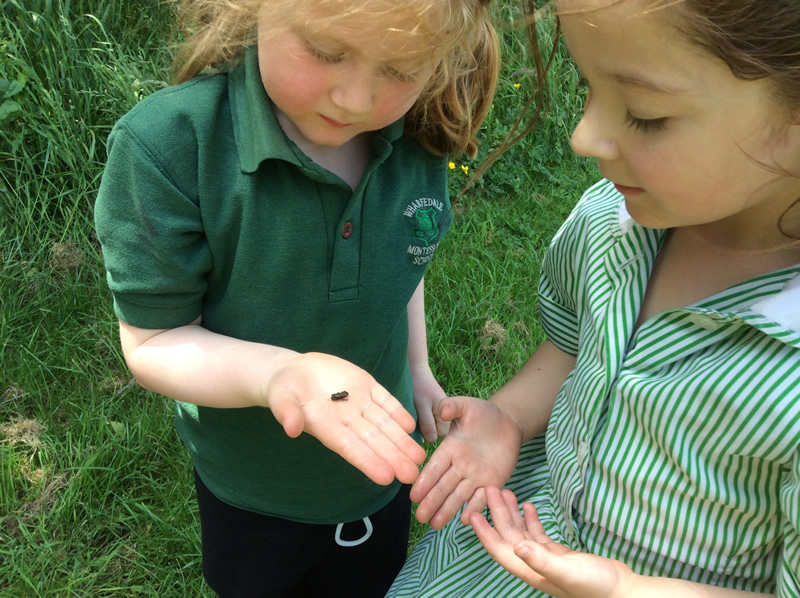
Specific Areas
Literacy
Developing a life-long love of reading lays the foundation for flourishing in all areas of the curriculum. Reading consists of two dimensions: language comprehension and word reading.
We enrich Language comprehension through quality interactions, stories, songs and poems. Skilled word reading, decoding and recognition of familiar printed words is taught through the Montessori language curriculum.
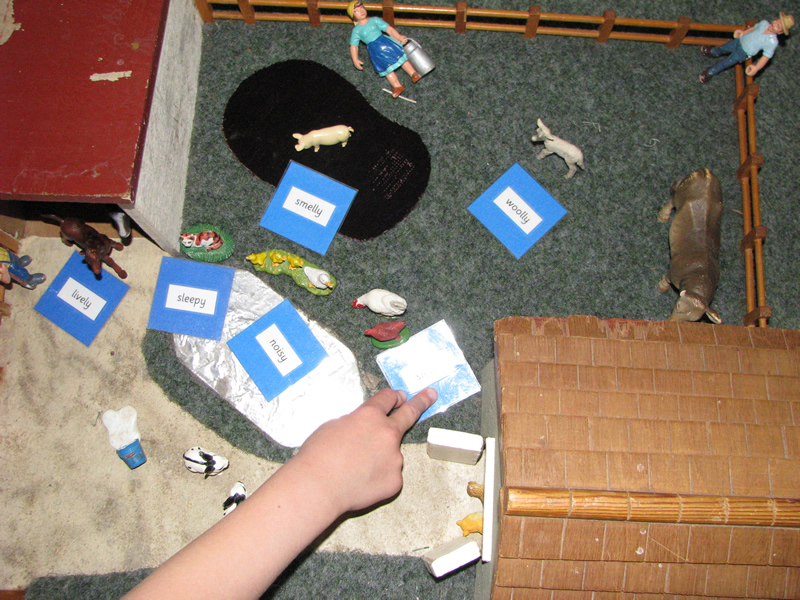
Mathematics
Developing a strong grounding in number is essential so that all children develop the necessary building blocks to reach their full potential mathematically. By providing frequent and varied opportunities to build and apply this understanding – such as using manipulatives, including small pebbles and tens frames for organising counting – children will develop a secure base of knowledge and vocabulary from which mastery of mathematics is built.
Our Sensorial and early maths materials provide opportunity for the development of spatial reasoning skills across all areas of mathematics including shape, space and measure.
Ofsted 2021
“A focus on early mathematics and early language helps children get off to a secure start.”
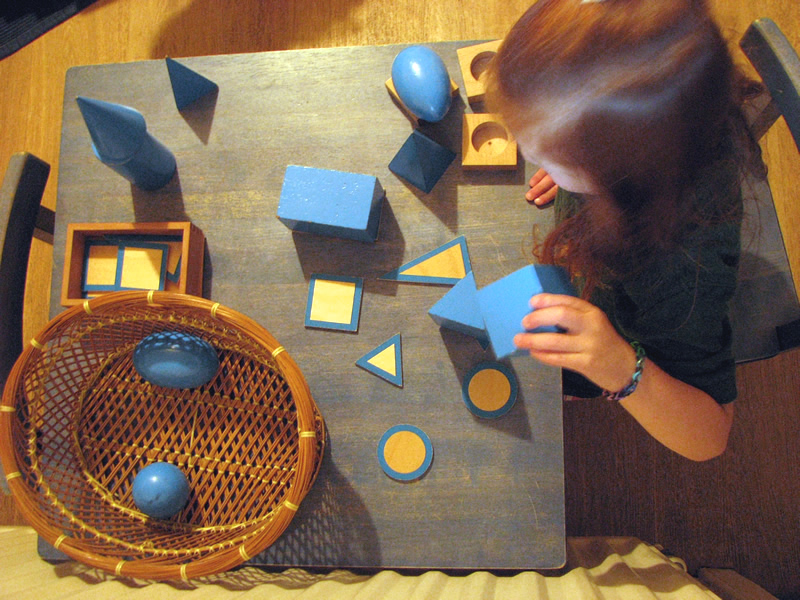
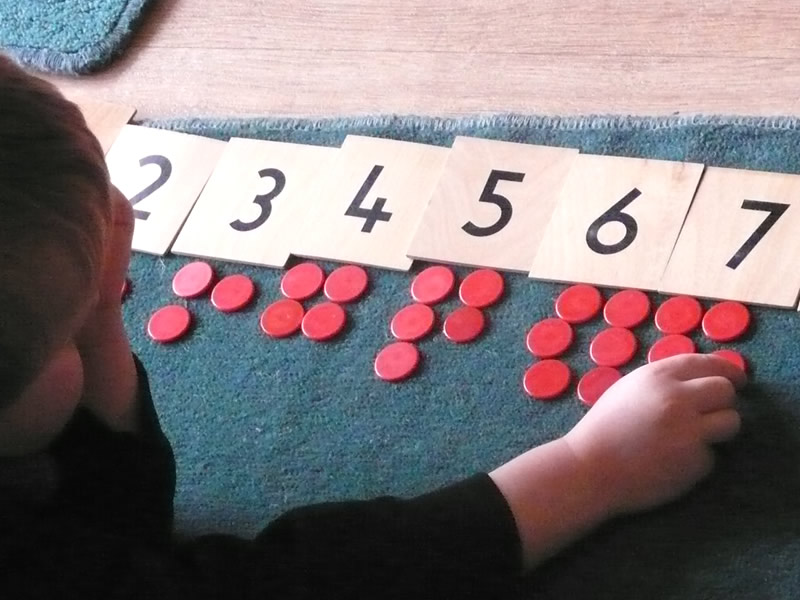
Understanding the world
Understanding the world involves guiding children to make sense of their physical world and their community. The frequency and range of children’s personal experiences increase their knowledge and sense of the world around them.
We welcome families into the setting to share their cultures with us; celebrating the diversity within our community helps to bring the cultural curriculum to life for the children.

Expressive arts and design
The development of children’s artistic and cultural awareness supports their imagination and creativity. It is important that children have regular opportunities to engage with the arts, enabling them to explore and play with a wide range of media and materials.
The quality and variety of what children see, hear and participate in is crucial for developing their understanding, self-expression, vocabulary and ability to communicate through the arts. The frequency, repetition and depth of their experiences are fundamental to their progress in interpreting and appreciating what they hear, respond to and observe.
